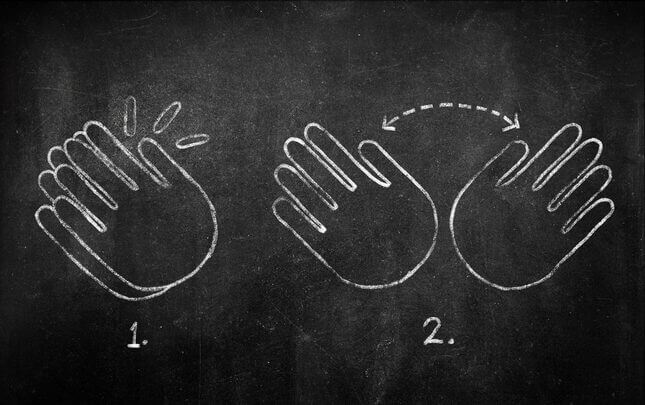Your Twitter Trend Analysis Is Not Deep, and It’s Probably Wrong
Latest

If you’re having a good day and would instead like to feel like climbing into a one-woman spaceship and hurling yourself far away from this stupid planet, gather round and read yet another confused Slate think piece where someone tries to understand what the black people are up to.
Today the headquarters for Killing Cool Things With Banal Analysis published a piece titled “Stop Emphasizing Your Point by Putting Clap Emojis After Every Word.”
What has our friend Katy Waldman so perturbed is the internet translation of a real life occurrence that every black man, woman, and child knows well.
But this time, we’re talking about when white people do it—or, at least, this is the subtext of the article, though it’s never clearly stated.
One day, my friends, a think piece is going to kill me. My core will be so deeply shaken by the stupidity of it all that my body will say, “Fuck you Kara!” and stop functioning out of spite. Is today that day? Let’s see.
Sometimes I click over to Twitter and feel great because everyone seems to be clapping for me. I haven’t even done anything! But there’s all this applause. So many of my friends in virtual reality can hardly squeeze a single word out before the urgent desire to thwack their hands together overwhelms them.
Hey, sounds like you follow a bunch of annoying people on Twitter. I’m thinking that’s the only real issue here.
Of course, any deep dive into black or brown people just living their goddamn lives would not be complete without an Urban Dictionary citation.
The emphasis clap (Urban Dictionary has dubbed it the “ratchet clap”) belongs to the toolbox comedian Robin Thede introduced to the world as “Black Lady Sign Language.” It is when you clap on every syllable of a statement you are making in order to underscore the very important content of that statement.
No.
I don’t know who Robin Thede is and I’m sure she’s great, but absolutely the fuck not. She did not introduce something to the world simply because someone just saw her do a bit about it last week on The Nightly Show.
-

-

-

-

-

-

-

-

-

-

-

-

-

-

-

-

-

-

-

-

-

-

-

-

-

-

-

-

-

-

-

-

-

-

-

-

-

-

-

-








































